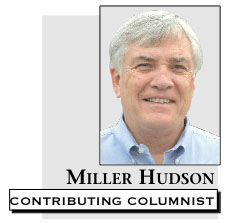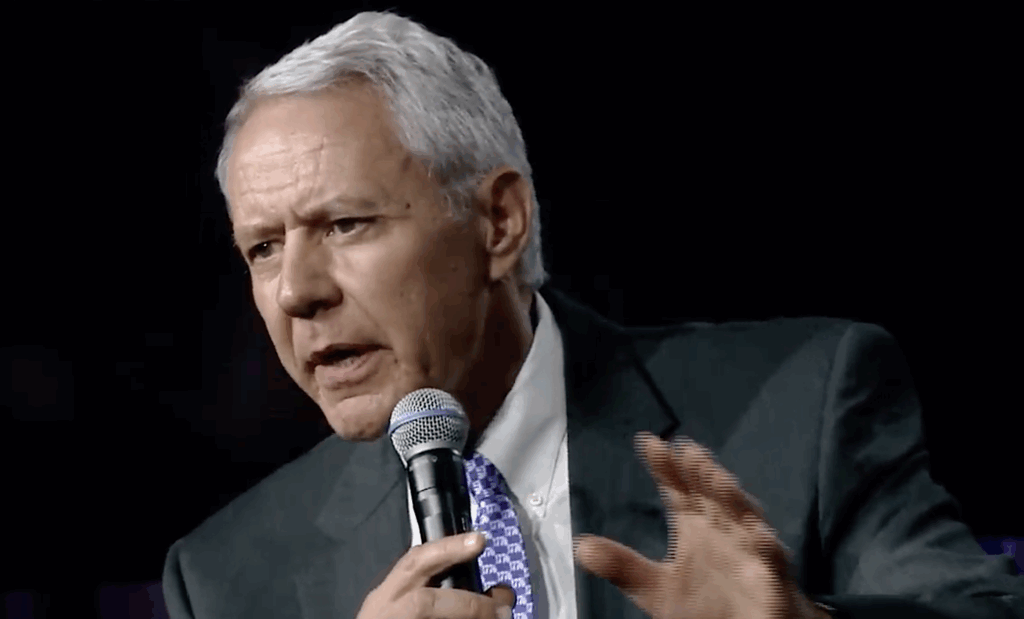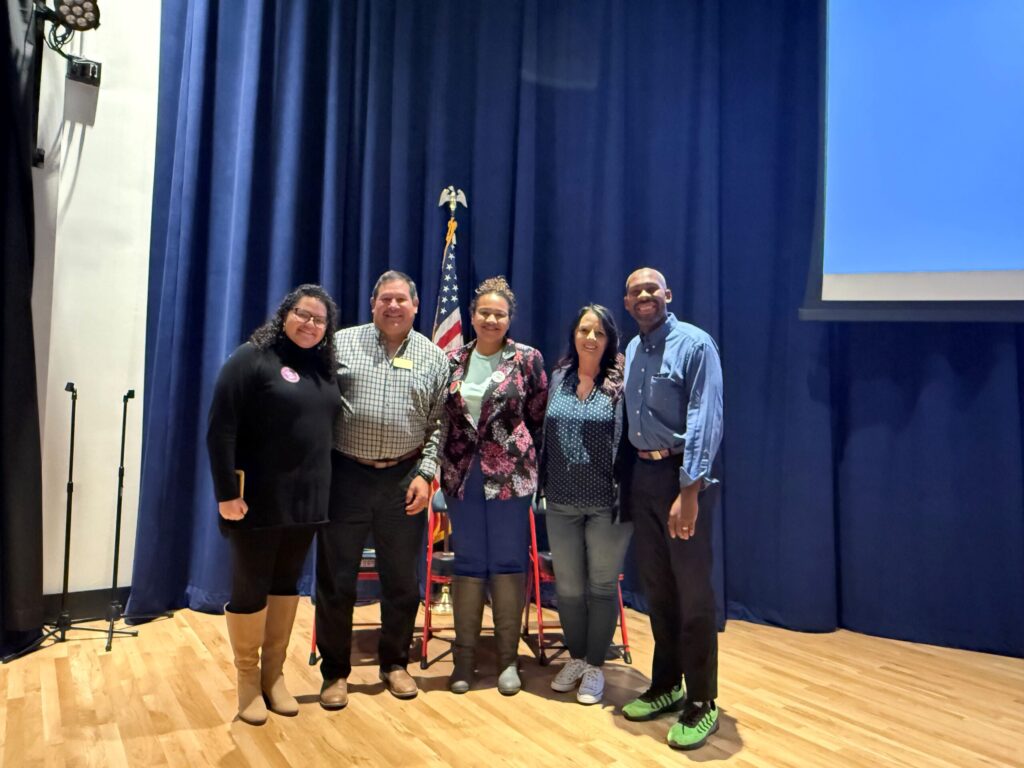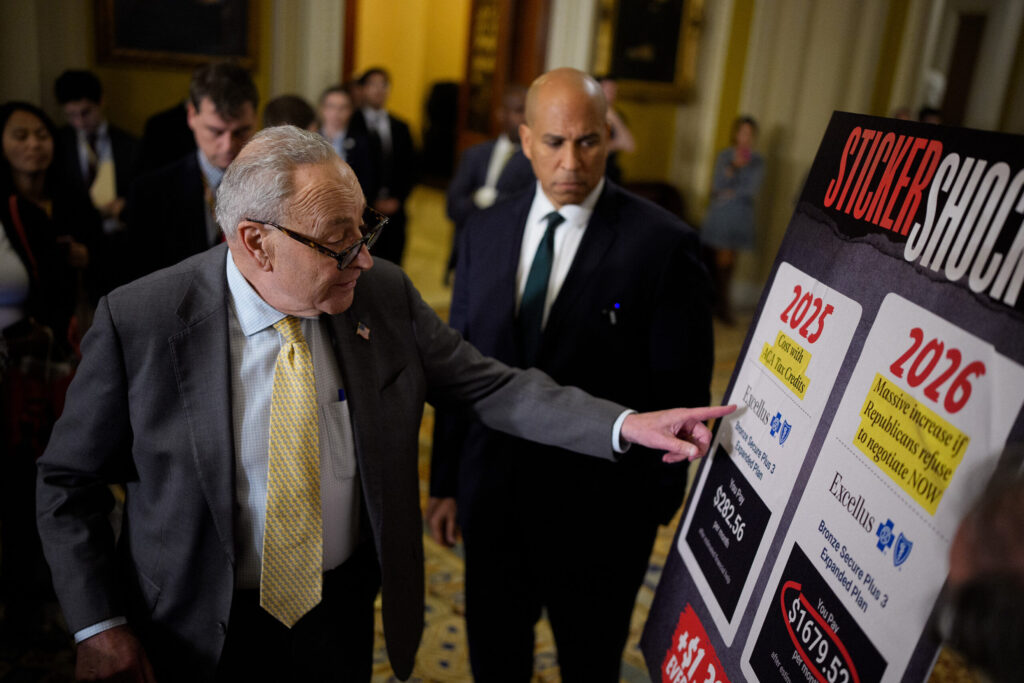Governor Hickenlooper acknowledges he’s a changed man in a changed state

Colorado’s inauguration day was a crisp winter morning this year. As John Hickenlooper took his oath of office, it was hard not to marvel at the fact that when his second term concludes in January of 2019, Democrats will have filled the Governor’s chair for 36 of the past 44 years. Starting in 1974 with Dick Lamm, who served three terms, then followed by another three terms under Roy Romer, a bright red electorate kept returning Democrats to the Governor’s mansion. Only in 1974, as part of a national backlash against Republican excesses in Washington following Watergate, did the Colorado House experience a Democratic majority for two brief years. In many subsequent sessions Republican legislators enjoyed veto proof, two-thirds majorities in both houses. Only from 1999 to 2007 was a Republican elected to lead our state, and Bill Owens had been forced to wait four, perhaps eight years, for term limits to kick in and push Roy Romer into retirement. By 2004 voters were ready to elect a Democratic majority in both the Colorado House and Senate.
Colorado voters appeared to prefer the moderate compromises produced by these split estates. Lamm, who attended this year’s swearing-in with his wife Dottie, first came to public attention as the sponsor of legislation guaranteeing abortion rights, followed by a campaign to overturn Denver’s acceptance of the 1976 Winter Olympics. Although nearly inconceivable today, Lamm was joined in guaranteeing a woman’s unfettered access to an abortion by a cadre of Presbyterian Planned Parenthood-supporting Republican legislators. Many rank and file Republicans also must have shared Lamm’s concern that the ’76 Olympics would prove more bother than they were worth, predictably demanding millions in eventual taxpayer subsidies. Never enthusiastic taxpayers, Colorado voters approved their first limitation on local property taxes in 1915. Policy zealots on both the right and left learned they had to take their favorite crusades directly to the ballot box for voter approval through the state’s initiative process.
And so they did. Worse yet, because petition standards were no more stringent, sponsors embarked on a constitutional binge, submitting amendments for everything from bear-baiting and term limits to the 50-page Taxpayer Bill of Rights, which was finally adopted on its fifth trip to the ballot in 1992. After approval of the Gallagher amendment, controlling property taxes, coupled with Amendment 23, requiring cost of living plus 1 percent annual hikes in school funding, voters had created a Rubik’s Cube of our budgeting process.
Governor Hickenlooper pointed out in his inaugural remarks that a system simultaneously calling for revenue limits and spending increases “…doesn’t make sense.” In many ways, the Governor’s 2015 remarks were significantly more personal and revealing than those he delivered four years ago. Hickenlooper acknowledged he was a changed man, and Colorado a changed state, after four years of economic turmoil, shootings and unrelenting natural disasters. I was reminded of the gripe offered by an American diplomat during the Vietnam War, observing that, “Every day people I can’t identify throw hand grenades through the window, and I run around my office picking them up and tossing them back into the street. And the media only wants to know why I’m playing with grenades?”
A second term Governor Hickenlooper seems likely to offer us a different leader than his first term provided. His newly appointed chief-of-staff, Doug Friednash, brings a political sensibility to this role that frequently escaped Roxane White, whose loyalty to her boss was feral but often left the Governor the last to know when trouble was brewing. His expressed intention to unravel Colorado’s TABOR contradictions, while investing in the expansion of travel capacity along both the I-70 and I-25 corridors, has the outline of a worthy legacy project. Merely balancing our books would be a commendable achievement, but preparing Colorado for a more crowded future could prove genuinely memorable. The Governor’s expressed desire to meet our future head on, in partnership with local governments and the Legislature, is a goal that may be within his grasp. Certainly there is no one else more likely to keep competing stakeholders talking until they reach agreement, however grudging. Hick sounds ready and equipped for the job he concedes he didn’t fully understand four years ago. You can’t ask for more than that.
Columnist Miller Hudson has been a longtime chronicler of civic and political events in Colorado. He can be reached at mnhwriter@msn.com.
Colorado Politics Must-Reads:













